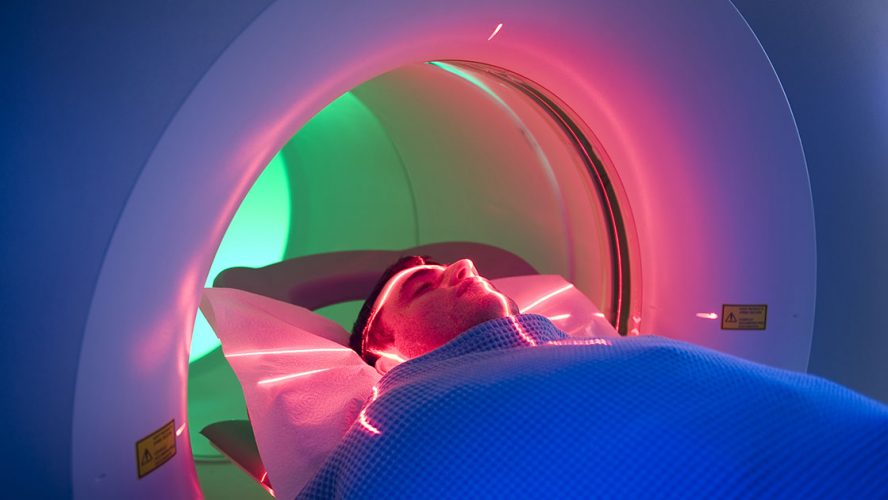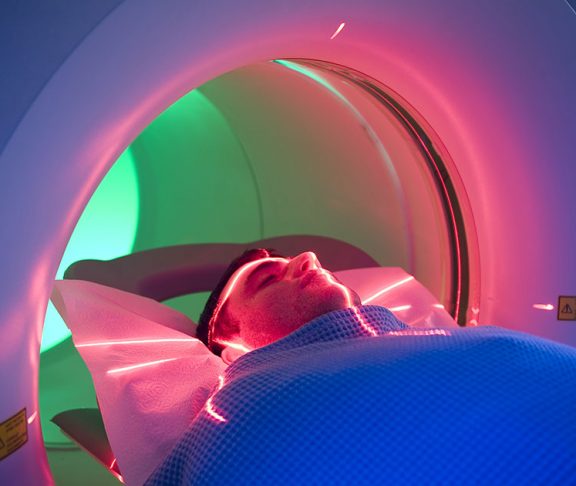For Adina Epstein, a cancer diagnosis came almost too late. Now, she wants to advocate for earlier screenings and diagnoses.

Adina Epstein
Patient Support Group Leader, International Myeloma Foundation (IMF)
What challenges did you face before your diagnosis?
I had severe exhaustion, back pain and frequent colds which lingered longer than for most people. Later I had pulsatile tinnitus, inability to concentrate, nausea, everything smelled and tasted bad to me and weight loss. Through all of this my primary care doctor only suspected thyroid issues and dehydration.
What lab tests were done when you were experiencing these symptoms?
My Primary Care doctor ordered a CBC and metabolic profile. These showed low hemoglobin with high calcium, creatinine and BUN. He tried thyroid replacement, and then checked for celiac disease. He said my low IgA was insignificant, but I was getting so weak and thin I felt I was dying.
How were you finally diagnosed?
Five weeks after the CBC I couldn’t keep food or water down. My local ER said I had severe anemia, kidney failure and needed a diagnosis fast. My doctor missed the signs; his associate said later, “No one would want to think a 40-year-old would have multiple myeloma.”
What advice would you have for someone experiencing similar problems?
Get second and third opinions. Like all cancers early diagnosis is crucial. One month earlier for me would have avoided life-saving dialysis and prevented the permanent kidney damage that made me unsuitable for the best therapies. This severely impacted not only my life but also that of my young family.
What is your message to doctors and the public?
Myeloma is more common than you think; younger people can get it too, not just those over 65. Look out for the key CRAB-I symptoms in all your patients: calcium, renal, anemia, bone and infections. Screening is simple, effective and inexpensive. Earlier diagnosis ensures better outcomes and better quality of life.

